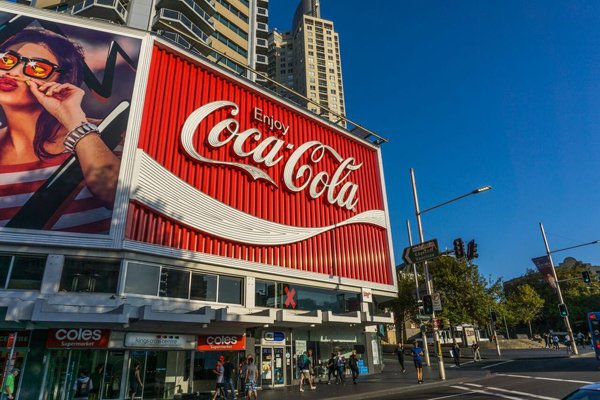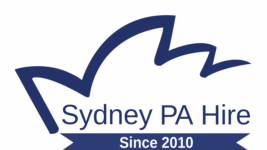News
18 Sep 2019
NSW Entertainment Industry Bottoms Out

Subscribe to CX E-News
Sydney Coliseum and Lockout Reversal rumours spread slight hope
by Julius Grafton
Rumours of a reversal of Sydney’s unique ‘Lockout Laws’ seem confirmed although the NSW Government has not confirmed the measure which apparently maintains the Lockout across any venue in Kings Cross. Since enacted five years ago, almost all venues in Kings Cross have closed, and the precinct has regentrified with booming apartment developments returning windfall profits to developers – and heavy flows of stamp duty to the Government.
The Lock Out Laws affect Kings Cross, Oxford Street and the CBD but exempt Newtown and the Casino at Pyrmont. Designed to reduce alcohol-fuelled violence, the violence did reduce significantly as venues were sent broke and closed. But violence in Newtown and around the casino increased, neutralising the argument.
Five years of venue suppression has led to as many as 500,000 less visits to Sydney by younger tourists each year, and according to a Deloitte report ‘Imagine Sydney: Play’ the ‘Night Time Economy’ is missing as much as $16 billion annually. Deloitte measure the Australian NTE at 3.8% of GDP against 6% generated in the UK. The Australian percentage is dragged down by Sydney’s moribund nightlife. Deloitte group a large cluster of categories into that number, but it still created headlines when announced.
Venue baron Justin Hemmes said late night takings at Ivy, Sydney’s largest nightclub, tanked over 50% with the lockout laws, and he had the embarrassment of denying entry to Madonna for her end-of-tour party as she arrived after 1.30am. Sydney has lost around 150 venues since the laws, which tightly regulate entry hours, bottle shop opening times, and prohibit sale of shots after midnight.
The NSW state government ‘War On Festivals’ continues unabated with more outdoor events counting the cost of punitive user-pays policing and onsite medical villages, and the NSW Police Force conduct more strip searches looking for drug possession than any comparable service anywhere in the world. Strip searches can now be done if an officer ‘thinks’ someone looks worried. They can require any person, any age, remove all clothing, lift their breasts or testicles, squat down and repeatedly cough.
With festival promoters paying for large numbers of police and dogs lining up outside the venue, many festival patrons are staying home.
Meanwhile the theatre community sits bewildered as the Theatre Royal lease hangs twisting in the wind. Announced prior to the election, the lease became a letter of intent after the election, then a tender was announced which required any operator pay the developer owner of the facility, which is located under an office tower and retail complex, a $32 million one-off fee before investing in an expensive refit. At additional cost.
Not surprisingly no theatre operator anywhere in the world agreed to this, since you can buy a Broadway theatre for less, and several non-compliant tenders were lodged. Then the Government announced it had indeed signed a long term lease with the developer, and it did have an operator lined up on terms not disclosed. Several months silence have since followed.
More go-slows come down from the NSW government, including delays with the Parramatta Riverside renovations, linked to the contentious decision to move the Powerhouse Museum to Parramatta. That suburb is one of several ‘city hubs’ in Sydney – and is located 20km west, at the head of the Harbour, on Parramatta River.
Work on the fit-out of Walsh Bay’s Pier 2/3 has not started, leaving Bell Shakespeare Company, Australian Chamber Orchestra and the Theatre for Young People homeless.
Sydney desperately needs another Lyric Theatre, having just two – both operated by Stephen ‘Bytecraft’ Found. The Barangaroo headland void could be transformed into a lyric theatre, but the NSW Government is mute on almost everything arts related.
Since winning office eight years ago, the NSW Government has relentlessly crushed entertainment and events, first by shutting the Darling Harbour Convention Centre and the Sydney Entertainment Centre for up to 3 years, and replacing them with the International Convention Centre. The outcome was a ‘value engineered’ facility that produced a smaller venue (the ICC theatre) which cannot accommodate sport or arena ice shows, and a compromised convention and exhibition centre with small increases in capacity.
The only clear sign of hope for the arts community is the privately funded Sydney Coliseum Theatre at Rooty Hill, 42 km west of the CBD. This 2,000 seat complex is everything anyone would want, capable of full scale theatre musicals and a whole lot more. It opens in December and to date, the NSW Minister for the Arts has not been out there to have a look.
The ideology at play in the NSW Government appears to favour property development, tollways and asset sales ahead of everything else, and a very real sense of siege has settled over the arts community and managements. Other states have reaped the benefits, with events and arts facilities in Melbourne outstripping Sydney on every metric.
Subscribe
Published monthly since 1991, our famous AV industry magazine is free for download or pay for print. Subscribers also receive CX News, our free weekly email with the latest industry news and jobs.






